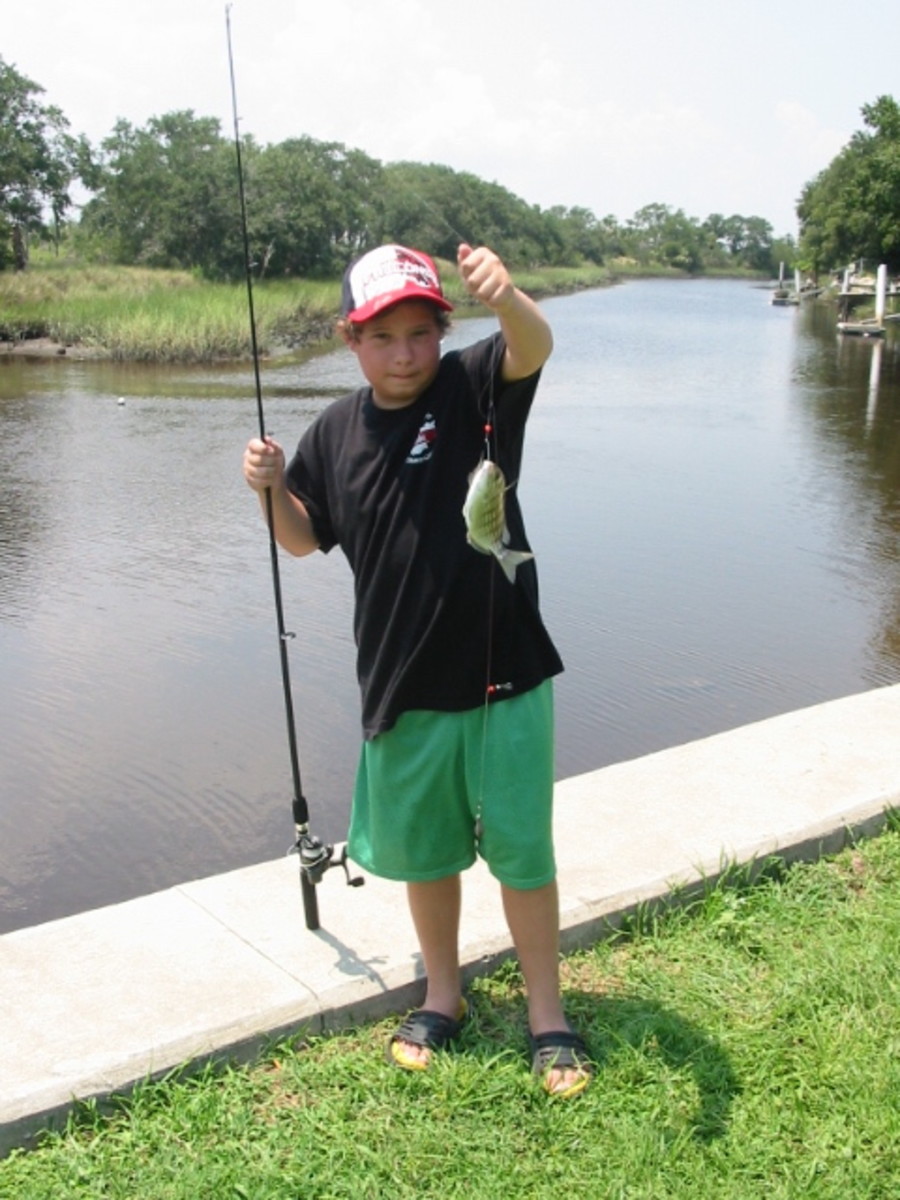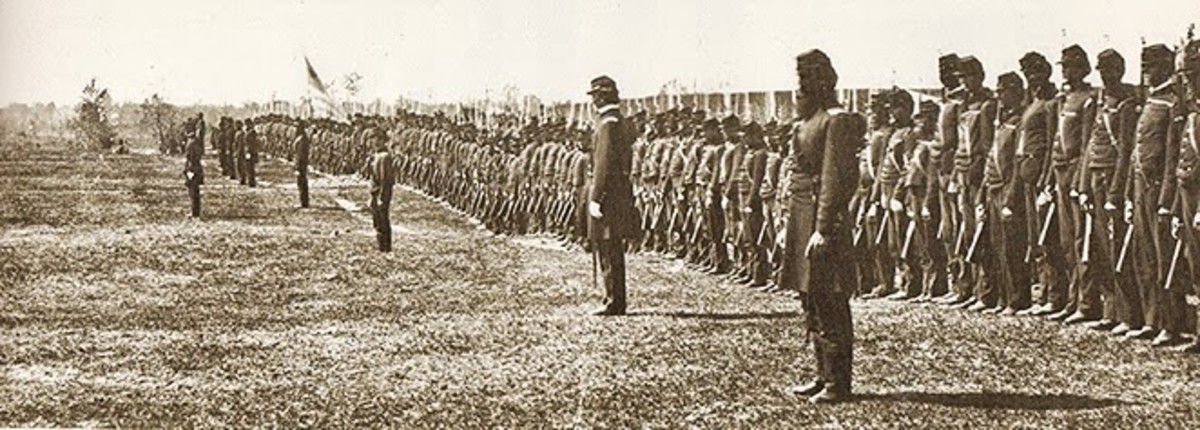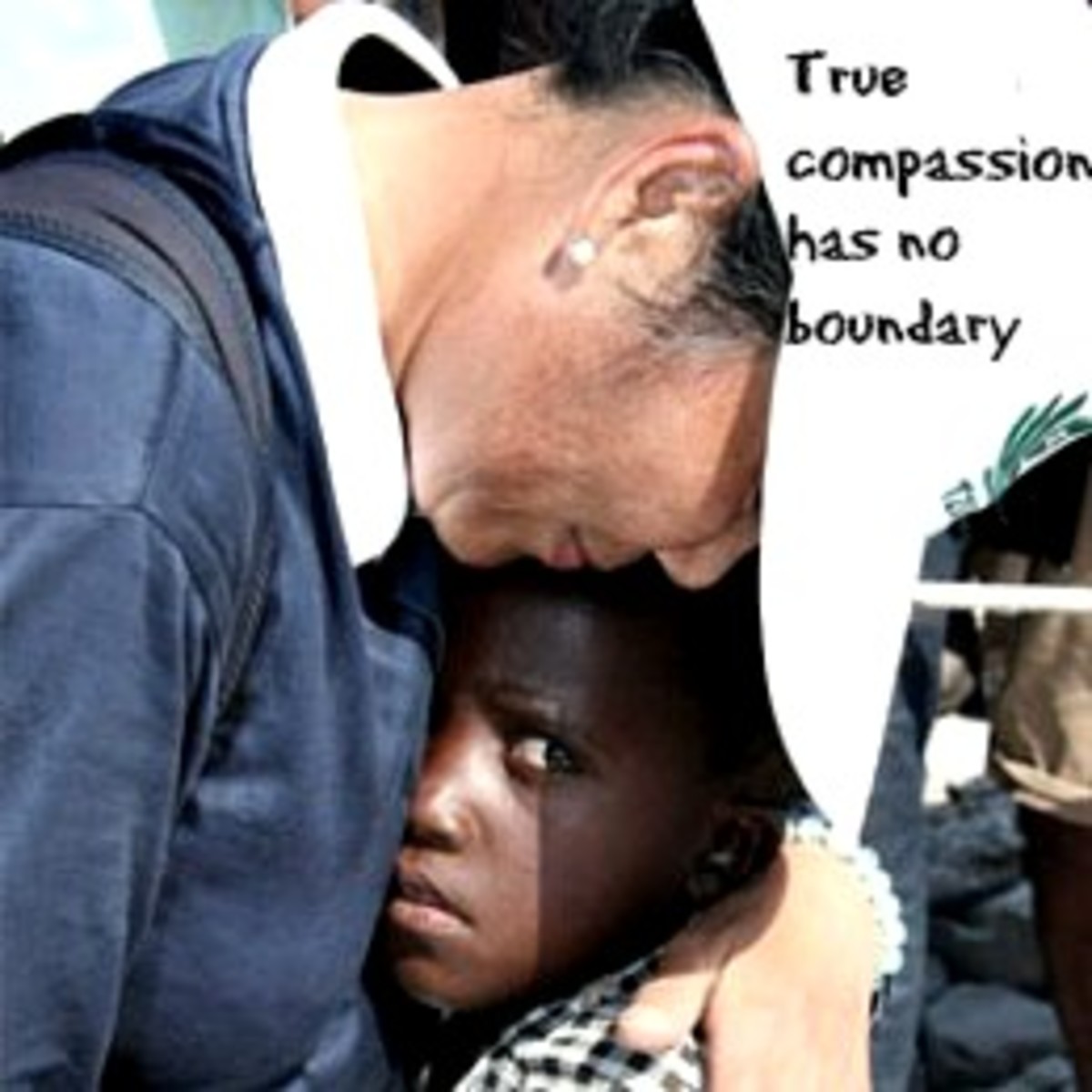Effective Mentoring: The Little Things

What do I know?
I worked for a mentoring agency and, for several years, I was also a volunteer mentor. I developed a love and special passion for the mentoring relationship, having experienced both first and secondhand how well the program worked and how great the impact and outcome truly was for the participating children. The role I played on a professional level was counseling volunteers and monitoring the health of the mentoring relationships. My pride and joy was a jar I kept on my desk in which my supervisor dropped in marbles every time I was able to save a relationship from ending prematurely. The research showed that the longer the mentoring relationship, the greater the outcome so it was imperative to me to keep the relationship healthy and keep the volunteer in the child’s life as long as possible to make sure the child received the most benefit from the service. I came to understand the mentoring relationship very well, and it also became a great skill of mine to keep these relationships safe and growing. We all have little people in our lives looking up to us so whether you are officially a volunteer in a mentoring program, a neighbor, or a relative to someone small, you may certainly benefit from these lessons.
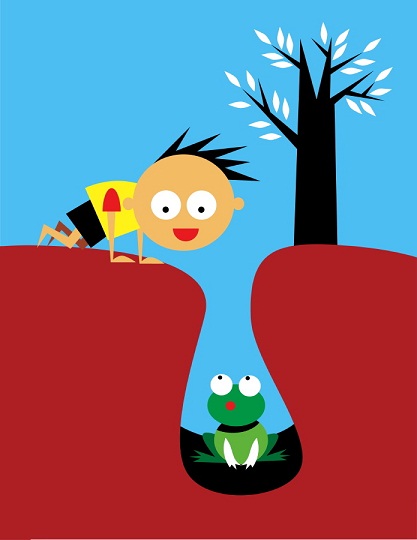
Be a friend
As the old saying goes, to make a friend you have to be a friend first. The mistake I’ve seen many mentors make is they try to take on a role similar to being a parent or an authority figure. This never works. The child already has someone in his or her life disciplining and punishing him or her for their misbehavior. That’s not what they need, and that’s not how you gain their trust. You have to leave the disciplining to their parents. If they do something very wrong, let the parent know and let the parent handle the situation. However, there is a way to address the child’s behavior as a friend. You have to think of yourself as an older, wiser friend who has the ability to impart advice and give guidance. Think of the qualities you value in a friend and work on not only being those qualities to the child, but also building those qualities in your relationship with the child.
For example, I was mentoring a young girl about ten years old. I had driven about 50 miles to a state park for a group picnic. I knew there would be swimming so I asked her beforehand if she wanted to bring bathing suits. She said no and that she didn’t want to swim. When I got to the park, she changed her mind and said she would like to go swimming after all. Being a good and accommodating friend, I said we could go back and get our bathing suits. Once I was about a mile down the road, she changed her mind again and said she wanted to go back to the park. It was then I could see she was testing my patience. That was the first conversation of many we had about what it means to be a true friend. I told her true friends say what they mean and mean what they say. I explained to her how much it had cost me to drive to the park and that it was inconsiderate to change her mind in that way without thinking of how it affected me. I told her I was going to take her home instead and let her think about what kind of friend she would like to be to me. I told her that even though I was in a position to take her places, I was not her chauffeur. What I gave to the relationship was the transportation and activities. What she should give to the relationship was consideration and gratitude. She wasn’t happy to be going home so early. I let her know it wasn’t a punishment, but a lesson I wanted her to learn and that I would pick her up the next day as we had planned for our other activity. She behaved much better the next day once she saw that I meant what I said and knew I expected her to be a good friend to me as well. I held her accountable for her actions, as good friends do, without becoming a disciplinarian to her. In the process, she learned how to be a good friend too. She started considering the cost of activities to me and also made sure to thank me when I dropped her off at home after an activity.
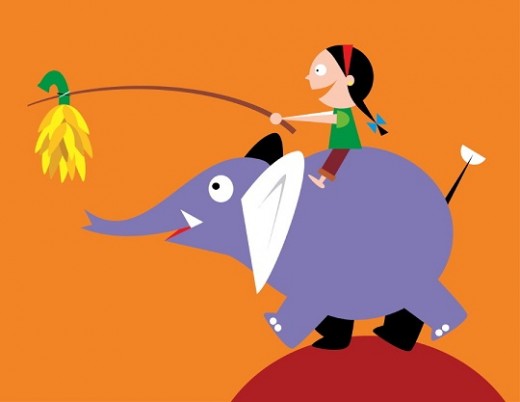
Level your expectations
Oftentimes there is an economic disparity between the children who are mentored and the volunteers who sign up to do the mentoring. The children are usually lower income and operate socially from a working class value system. The volunteers are usually middle to upper-middle class and operate socially from middle class values. Most of the social norms and rules in society are based off of the middle class value system. There are hidden social rules we all must learn in order to function appropriately in society. The problem is poverty level children may not know what those rules are yet. The volunteers who have never experienced poverty themselves are usually shocked at the way these kids live and sometimes by what these kids say. These volunteers get involved with the fantasy in mind of “saving” some poor kid from slipping through the cracks and are not prepared for the harsh reality of what they are up against. They find they are just one person and the kid’s home life seems like a much more influential experience. How are they going to combat all of it? It’s so disheartening. Most of the time, these mentoring relationships end prematurely simply because the volunteer’s expectations are unreasonably high.
When you get involved in a needy child’s life, you have to be prepared to plant the seeds knowing you may not be the one to reap the harvest or be around to watch the fruits of your labor fully grow. In short, you have to be prepared to let go of the outcome understanding that love and care are never wasted. It may seem that the child’s environment, a drug-addicted mother and an absentee father along with a run-down home and poverty surrounding them, is more powerful than the few hours a week you spend interacting with him or her, but never underestimate the power of alternative. I’ll let you in on a little secret—all most children need in their lives as a catalyst for change is to have a choice. I’ve heard so many kids say things like, “I didn’t even think about going to college. It wasn’t even a possibility in my mind, until I met so and so (my mentor).” Oftentimes, a child just needs to see and hear the difference. It’s as simple as that. You don’t have to be a super hero. You just have to be there. A little praise and encouragement goes a long way as well.
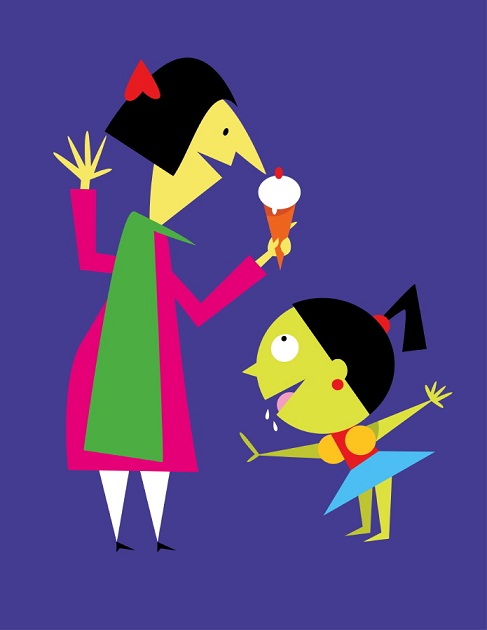
Put in the TIME
This is going to sound harsh, but for anyone who has ever thought about mentoring a child, yet hasn’t thought about putting in the time, DON’T DO IT. Not only does research show that ending a mentoring relationship within the first 6 to 9 months can have negative effects on a child, but I’ve also seen the truth of that firsthand. And it’s heartbreaking, let me just tell you, to see a kid sitting there wondering why he or she is so unlovable because everybody in his or her life walks out, “My dad did it. Now (my mentor) did it too.” After a few experiences of this, it just reaffirms to a kid that you can’t count on anyone to be there when you need them. If you can’t put in at least a year, preferably more, if you can’t commit to being in the child’s life for the long haul, then just don’t bother.
Also, you have to realize the first six months is the testing ground. These kids have had it rough, and they are not about to just trust anyone. They are going to push you, pull away from you, be annoying, be aggressive, act out, and generally misbehave at first until they see you aren’t going anywhere and that they have your full attention. Be patient. Look for teachable moments. Be attentive. Don’t back away, and don’t back down. Be present in the moment as well. The temptation for most volunteers here is to just check out mentally and emotionally. The kid isn’t acting right so the volunteer just steps back from the interaction which only makes the kid’s behavior escalate since the entire point is to get a reaction. You have to let them hit a wall of unconditional love in you. Let them see that no matter what they do, you are still going to be there for them. You have to reaffirm that from time to time too. The little girl I mentored used to ask me all the time if I was getting tired of her or if I wanted to leave her and that was even after I’d been in her life for three years. Because of her personal experiences, she always needed reassurance that she was not a nuisance or burden to me and that I chose to be there.
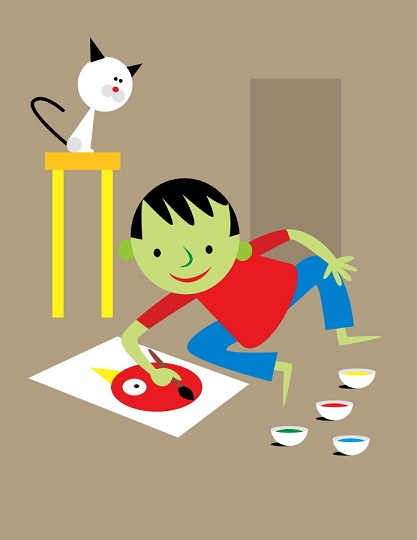
They want to be JUST LIKE YOU
Nothing is more powerful than example. You can tell people all day long how they should be some way or do something, but unless you show them, it won’t make a difference. I was reminded of this most poignantly by a recent stay with my brother’s family. My two sweet little nephews, who are 6 and 4 years old, were coloring with me one day at the table. There were many coloring sheets to choose from, and I had chosen one of a fish. I watched as both my nephews watched me. They waited to see which one I would pick, and then they picked the same one. We had a large box full of all kinds of crayons in front of us. I began sifting through them, looking for various shades of silver, blue, green, and orange. My oldest nephew in particular watched me intently. He was not coloring. I encouraged him to pick some colors out for himself and to start coloring his own picture. He shook his head no. He said he was waiting for me to use the colors I had picked because he wanted to color his fish exactly as I had colored mine. I humored him and said oh, okay, but I really didn’t think he was serious. I outlined my fish with silver, shaded in the scales with various greens and blues, and then finished the background in orange. I watched as my nephew patiently watched me with his hands folded on the table. As soon as I finished, he picked up the silver crayon and said, “Like this Aunt Mo?” and began outlining his fish. He asked me which color did I do first for the scales, green or blue? I told him green on the inside and blue all around. Then he picked up the orange on his own and colored his background. When he was finished, I was stunned. It looked just like my own. That’s when it struck me how important it was for me to behave in the ways I would want him to behave. As a mentor, sometimes the greatest gift you can give to a child is making sure you are your best self and continually improving who you are so they see the qualities in you that they would also like to grow in themselves.
It was interesting to me in the mentoring agency I worked in as well that I saw many children who had grown up and come back for a visit who had followed in the footsteps of their mentors. One guy became a cop because his mentor had been a cop. Another guy went into banking because his mentor was a banker. Another girl went to college because her mentor had been in college and helped her get there. The girl that I mentored got involved in Speech and Debate in high school because she knew it was something I had done when I was in high school. She excelled at it far beyond what I had done myself. She had a duffel bag full of trophies in just one year of competition. I was so proud of her. I had actually never won a trophy when I competed so I felt a bit of redemption in having helped her. I joked that I felt the trophies were as much mine as they were hers. She also went on to college.
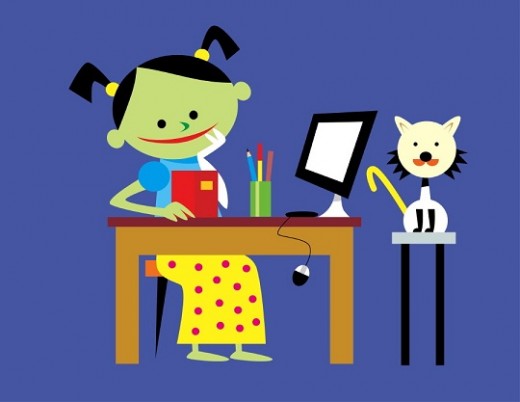
A Rewarding Experience
If you have the right mindset, mentoring can be a very rewarding experience. Children will teach you much more than you could ever teach them. You will grow in your spirit as a human being and understand the meaning and healing power of relationship.

Think about it
- Start Something for a child today-Big Brothers Big Sisters
Big Brothers Big Sisters is the nation's premiere donor and volunteer-supported youth mentoring organization.
© 2013 maramerce

